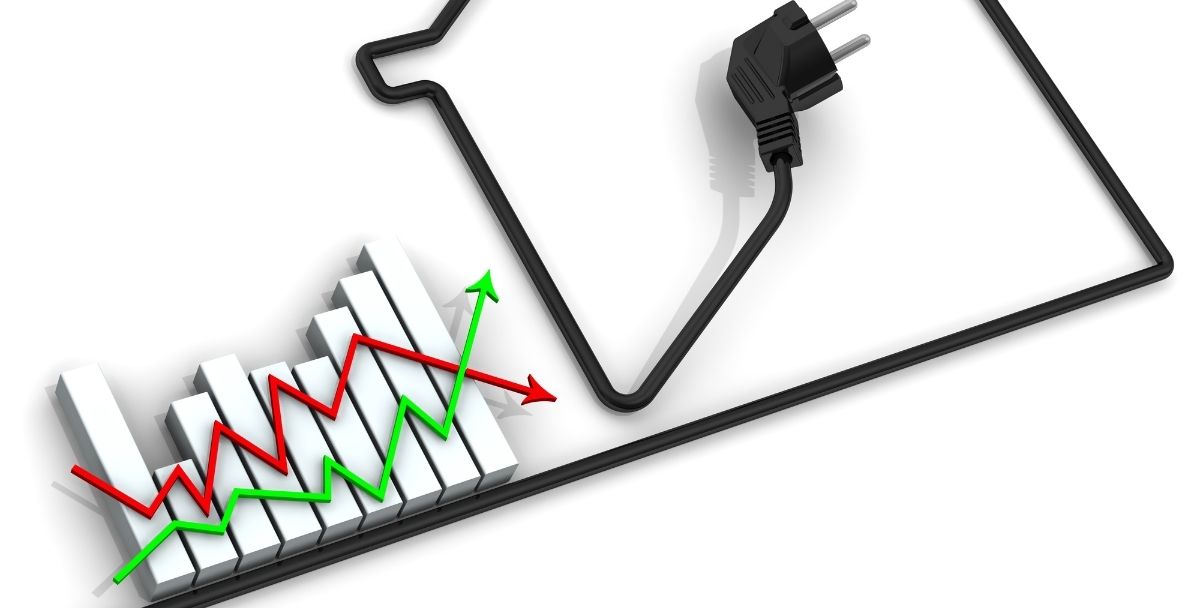What are the different types of company electricity tariffs?

The unit price and the daily standing cost are almost often included in tariffs. A Large business utilities comparison that can assist in determining the best deal. Most businesses, regardless of their size or industry, consume a significant amount of electricity.
Consequently, it is frequently possible to negotiate lower corporate electricity rates with energy suppliers. Finding the best business power pricing, on the other hand, can require time and experience. Thus most businesses, large and small, hire an energy negotiation agent.
Unit rate is the cost per kWh or the cost of each unit of electricity. A daily standing charge is a fee levied on companies as it helps with grid maintenance and covers the expenses of providing power to your site.
Running a business necessitates a significant amount of time and commitment. The notion of shopping for a better bargain on your commercial power might be frightening, especially with so many other considerations to make.
It is easy to evaluate business power bills once you understand the two primary charges to expect. To select a low-cost business power rate that meets your needs here is what to do:
1. The Overall Cost is Substantial
While one supplier’s unit rate may be lower, you may not be sure about the standing charges. When getting quotations, make sure you compare the annual cost of your contract.
2. Considering the Energy Consumption
Considering your future power consumption is crucial. Even if the standing rate fee is not the greatest on the market, a package with a lower unit cost can be preferable for you if you anticipate your business’s power demand increasing further into your contract period.
3. Make a note of your Contract Renewal
If you do not explicitly terminate your contract, it may rollover. The rollover contract will very certainly be far more costly than your current electricity rate.
4. Use the Renewal Window to your Benefit
You can benefit by renewing your business energy contract up to six months before it expires. This is when you can compare and switch energy providers that you think would help your business.
5. Take a look at Dual-Fuel Rates
Many providers offer a discount if you buy utilities from them. This is not always the case, though. It is good to collect three quotations from each source so you can compare them.
6. Determine the Longevity of your Contract
If you believe prices will increase in the future, an extended agreement could save you money in the long run. Before you commit, think about how much flexibility your company will require.
7. Make the Most of an Energy Brokerage
Business Energy Brokers have extensive industry knowledge and ties with a wide range of large and small providers. They can contact them on your behalf and provide you with the most competitive rates from which to choose.
Comparing commercial power suppliers online is not possible in the same way. Every organization has their own set of criteria, and suppliers have different contract terms for every organization they operate with and for each region. This is why you must consider hiring an energy broker to assist you in locating and switching your commercial utilities.






